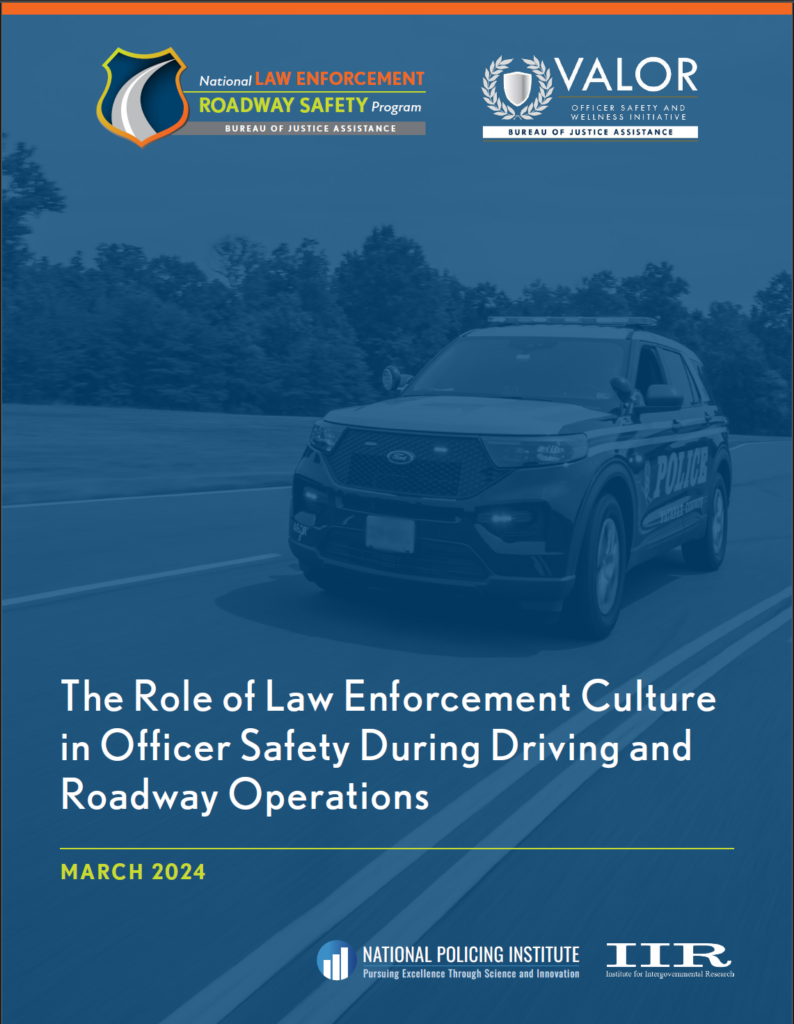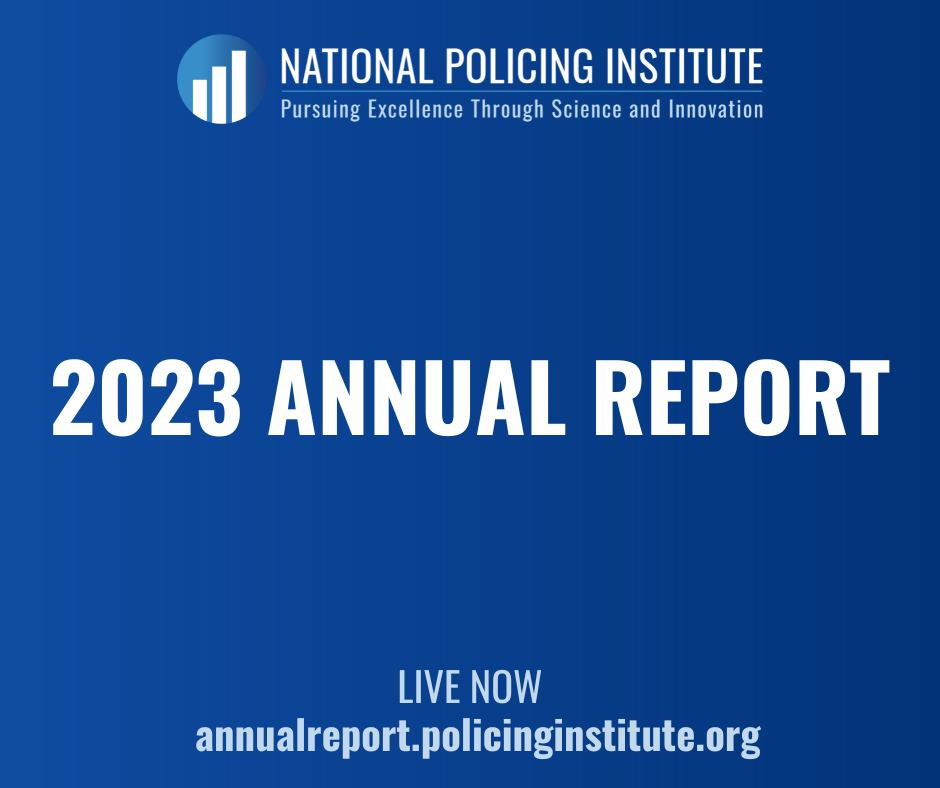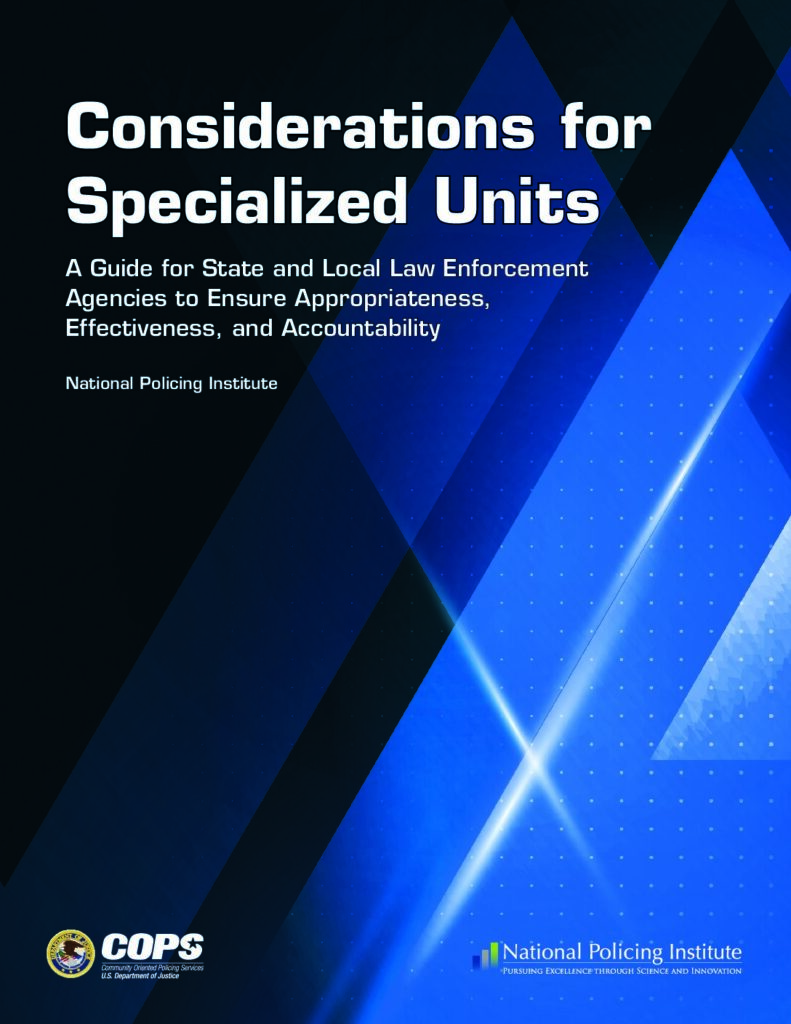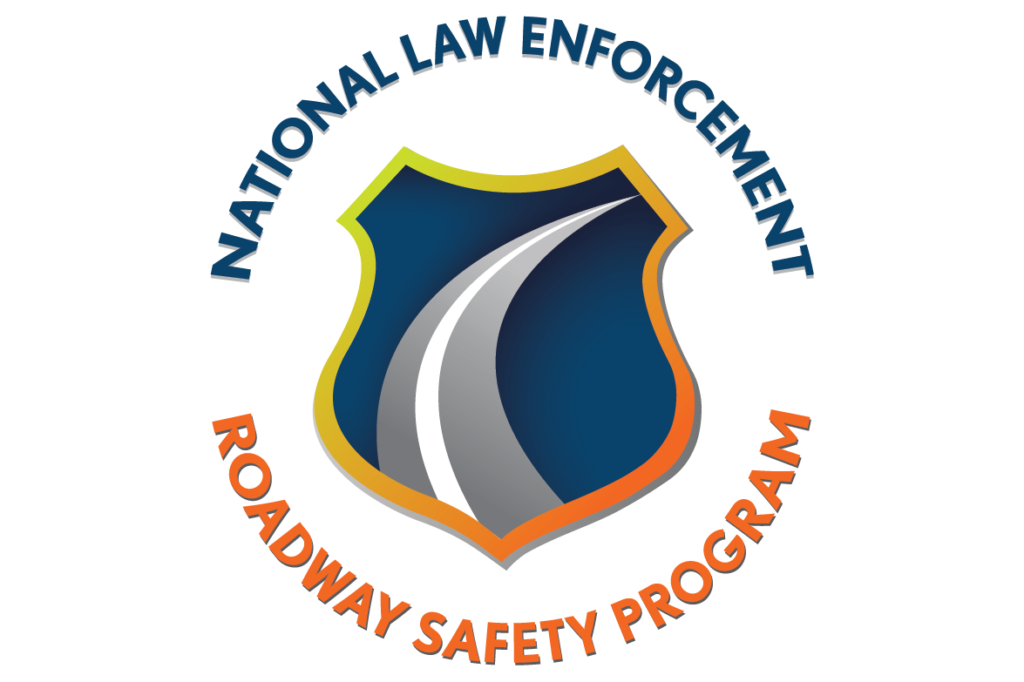Posts Tagged ‘Personnel & Staffing’
The Role of Law Enforcement Culture in Officer Safety During Driving and Roadway Operations
National Policing Institute Releases 2023 Annual Report
Rooted in research and guided by evidence, the National Policing Institute (NPI) ramped up countless research opportunities, programs, and technical assistance in 2023. To demonstrate our commitment to innovation, we chose this year to offer our 2023 annual report in a digital format. Its dynamic design highlights our national and international reach, featured projects, financials,…
Read MoreConsiderations for Specialized Units
National Policing Institute Announces Recent Grant Awards
The National Policing Institute (NPI) is pleased to announce five recent grant awards that will support new and expanded programs. Known for using science and innovation to pursue excellence in policing, NPI is excited to partner in new and old ways as part of the organization’s ongoing effort to positively contribute to the law enforcement…
Read More





